eSports
Esports and Media: How Should the Two Interact?
The media wants more access, and eSports organizations want the freedom to opt out of that access. No matter which way you slice it, there’s no easy answer.
Should media access to players and post-match press conferences be mandatory at major esports events? The ongoing question was brought up by former Yahoo! Esports Director Travis Gafford, who while covering the League of Legends World Championships in China tweeted the following: “It only took about 75 seconds for me to hear “Immortals has declined all interview requests” after that game finished.”
Esports (without the “E”)
As esports continues to move more in line with its traditional sports bretheren, looking at the policies of traditional sports leagues can provide context to this issue. The most popular professional sport in the United States, the NFL, mandates Super Bowl attendees to be available to journalists during their annual media day. In 2015, at Super Bowl XLIX in Phoenix, Seattle Seahawks running back Marshawn Lynch came to the stage. “I’m here so I won’t get fined,” Lynch replied to every single question.
While his remarks are now a trademarked joke, there’s an underlying point. While not entirely productive, Lynch at least appeared at the event. Also, the NFL has a pre- and post-game policy regarding media access:
“After a reasonable waiting period, defined as 10-12 minutes maximum after the completion of the game and the players have entered the locker room, the home and visiting team locker room areas will be opened to all accredited media with immediate access to all players and the head coach.”
Traditional sports leagues see working with media as a symbiotic relationship; media creates the content which fans consume which then turns into revenue for both parties. However with esports, universal access hasn’t been as consistent. Media is not always guaranteed access to players, coaches and organizational staff — and the issue goes much deeper than simply not being able to do interviews with players that have just lost a match.
Friend or foe?
It’s no secret that esports doesn’t always get along with the media. Players, coaches and owners have made it known that the media isn’t a priority and that — at times — it is a privilege to talk to them.
As one former Counter-Strike: Global Offensive manager said, “We don’t owe the media anything.” They weren’t wrong, either — without statutes in place, there’s no requirement for teams to do anything with the media if they so choose.
Take for instance Dota 2’s yearly world championship, The International. The event, just like most, has a media day where teams come down and meet with journalists and do various interviews. But unlike other developers or tournament organizers, Valve does not facilitate these interactions. It creates a risky scenario for press outlets hoping to cover the event: those who show up without industry contacts may be unable to garner a single interview, and especially for non-endemic outlets this can become a wasted coverage investment.
Be careful what you ask for
In situations like the latest League of Legends World Championships and The International, it’s easy to see where the frustration comes from. When there’s no guarantee the largest events of the year won’t yield the results outlets are looking for, who wouldn’t be? However, some events are starting to get on board with mandatory press conferences — and it’s not as simple a solution as some would imagine.
ELEAGUE attempted to increase media access during their Counter-Strike: Global Offensive Major held back in January. The organizer asked the winning teams to do press conference immediately after their matches and while some teams obliged, bringing their entire roster, other teams sent only one or two players — and some didn’t show up at all.
As the discussion continues, one major theme in regards to players, coaches, and team staff have separated themselves from the rest: esports players aren’t always prepared for life in the spotlight.
The above reason isn’t just a lazy excuse, either. Good players in the esports space can rise to prominence quickly; according to a study by ESPN, esports players are as much as five years younger than their traditional sports peers. This sometimes comes at the cost of post-secondary education and life experience. Going from playing a video game in a bedroom to competing on a stage in front of millions with the hounds of Reddit scrutinizing a player’s every move is hardly a smooth transition, either.
Given all that, is it really that hard to believe that not everybody is prepared for the spotlight? Nobody wants to see a sobbing teenager pelted with questions right after a loss, or an angry player lose control and say something in the moment that could damage their career forever — and when media demands access no matter what, teams often do (and in many cases, should!) push to protect their teams from those types of situations.
So what now?
It’s fair to say that there’s not a lot of trust between esports organizations and the media right now. Plenty of people on the organizational side have heard a horror story or two about overreaching media figures who push too hard when working with talent. Likewise, the frustration of inconsistent access continues to be a thorn in the side of outlets looking to enrich the space with deeper narratives. But at the end of the day, it’s not one side or the other that has to give. Both can be better.
On the organizational side, it will continue to be important that players be educated on how to live life in the public eye, and help guide young players as they learn how to navigate that lifestyle — which certainly includes media relations. It will also be important to come to grips with the fact that all press won’t be good press. Leagues, teams, players, talent and everybody in between are capable of making mistakes, and the media should feel comfortable to talk responsibly about the positive and the negative sides of esports without fear of retaliation.
Media can continue to improve, as well. As young a space as esports is, esports coverage is even younger. The word ‘responsibly’ is bolded above for a reason; it’s not uncommon to see coverage that blurs the line between opinion and fact, nor are stories of players feeling unfairly pressured or miscontextualized during interviews. As players and teams mature, so must the industry that covers them.
Will the two sides be able to come together? For the sake of everybody involved, let’s hope so.

eSports
One of the cyber athletes of the L&G team belonging to Alona Shevtsova was transferred to the youth team of the best CS team
According to the Ukrainian ua.news portal, Vladislav Leen Stepanov, who is a CS:GO player of the Ukrainian L&G eSports team belonging to the famous businesswoman Alona Shevtsova, was transferred to the Monte Gen academy of another local high-profile team Monte. As of today, the first lineup of the team occupies the 9th place in the world ranking.
Vladislav has been playing CS:GO for L&G since March 2023. He held the position of the defensive rifler and spacing positions for attack.
Vladislav joined the team together with another player David Merl Davidyan and coach Dmitry rjy Chumak. Immediately after the transfer, Leen said that L&G is a very cohesive and persistent team, so it will definitely show its real potential in the near future. And that’s what’s actually happened! In just a few months after the lineup update, the team showed excellent results in the most popular tournaments and reached the top 100 of the world in the prestigious HLTV rating.
“L&G is a cool team, and these guys really know everything about teamwork. Therefore, I am sure that we will show our real level soon. Our progress is much faster than in other teams,” says Vladislav Leen Stepanov.
Alexander Dovzhenko, who is the founder of ENTER ESPORT agency, which promotes L&G, thanked Vladislav Leen Stepanov for a strong partnership with L&G and wished him great achievements in the new team.
“Together with Vlad, we spent one of the most productive periods of our team. In addition to professional relationships, we managed to establish good personal relationships. We would like to thank Vladislav for his contribution to the development of our team and wish him good luck and achievement of his goals in the new team,” said Alexander Dovzhenko, CEO of ENTER ESPORT.
He also recalled that the L&G team started competing in top tournaments and almost immediately made its way to the Advanced division of the ESEA League Europe. In addition, the team participated and won prizes in such European tournaments as the SCL League, WhiteBit Crypto Open, Phoenix League, and local competitions.
The L&G eSports team was founded in 2021 on the initiative of Alona Shevtsova, a Ukrainian businesswoman, philanthropist, and active participant in the Ukrainian fintech community. Both in Ukraine and abroad, Alona Shevtsova is known as the founder of the LEO International Payment System. In addition, she was a shareholder and chairman of the supervisory board of a large Ukrainian bank. Alona Shevtsova uses the money earned in business for various charitable, educational, and cultural projects, as well as to support the Ukrainian Armed Forces.
eSports
Exclusive Q&A w/ BETBAZAR’s COO, Max Sevostianov

BETBAZAR’s COO, Max Sevostianov, is preparing to travel to Georgia this month to discuss the ongoing development of eSports at the SBC Summit in Tbilisi. What are the key messages he wants to get across while there, and how does he view the importance of eSports in the region currently?
One of the main topics we want to discuss at the summit is the ongoing development of eSports in the region and how BETBAZAR can help operators and suppliers tap into this lucrative and fast-growing market.
eSports is one of the most popular and engaging forms of entertainment for millions of fans worldwide, showing continued growth in regulated markets worldwide.
The Black Sea, Eastern Europe and Central Asia regions are no exception. In fact, these regions have some of the most passionate and dedicated eSports fans and players in the world. Georgia has a thriving eSports scene, with several professional teams competing in international tournaments such as Dota 2, CS:GOe and League of Legends. Ukraine is home to some of the most successful and influential eSports organizations, such as the multiple championship-winning Navi (Natus Vincere). At the same time, Uzbekistan also has a flourishing scene, with their team recently picking up 22 gold medals at the 2023 Asian Games.
These examples highlight the huge potential for iGaming and sports betting operators to offer innovative and exciting eSports products and services in these regions. However, some challenges will need to be overcome, such as regulatory uncertainty, lack of infrastructure, cultural differences and consumer preferences. That is why I believe that BETBAZAR can be a valuable partner for anyone who wants to enter or expand their presence in the eSports market in these regions.
With Tbilisi having recently unveiled plans to construct what will be the largest arena in central Europe, what do you expect the knock-on impact to be for online bettors in Georgia to be? Do you think the presence of large, international events will help to drive further interest in online betting in the country, and does this also create further opportunities to introduce bettors to eSports?
I think that the construction of the new arena in Tbilisi will have a positive impact on the online betting market in Georgia. It will allow the city to host various sports and entertainment events, attracting more visitors and helping shine a spotlight on everything the city has to offer.
It will also create more interest and demand for online betting in Georgia. The country has a liberal and regulated online gambling market, with the number of active bettors growing yearly.
In turn, this should generate more interest from sports bettors in eSports. eSports have huge and loyal fanbases that engage using live streams, social media, and other modern platforms, and this is something that operators in the region would love to tap into. The opportunities this could present could be hugely beneficial for the Georgian economy.
As a general overview, what are the main sports that are currently popular in the Georgian market and what eSports equivalents are available?
Football, basketball, rugby union, wrestling, judo, and weightlifting are the most popular sports in Georgia. Some of these sports have eSports equivalents, such as EA FC and FIFA for football, NBA 2K for basketball, and the UFC games series for MMA. However, other sports like rugby union, wrestling and weightlifting do not have widely played eSports versions.
As such, there may be an opportunity for operators to introduce new eSports games that cater to the Georgian market’s preferences and culture.
I think it’s fair to say that one of the main barriers to iGaming growth in Georgia in the past has been the country’s technological infrastructure. How would you say this situation has improved in recent years to the point Tbilisi is now viewed as a bit of a technological hotspot?
Georgia has made significant progress in improving its internet infrastructure in the past two decades. The country is actually ahead of the rest of the EU in terms of fibre penetration, and up to 70% of Georgians are now using the internet daily.
The country’s geographical location and modern infrastructure make it an attractive place for routing and storing data, and efforts are underway to enhance its potential as a regional internet hub. Tbilisi, as the capital and largest city of Georgia, is naturally benefiting from these developments and attracting more iGaming operators and providers to base their operations there.
Although Romania is probably the Eastern European market that has received the most interest from operators in recent years, many industry experts believe there’s a similar opportunity to be found in Georgia. What is it about the country that you think makes it a potentially lucrative market for betting companies, and what are the local cultural differences they should be aware of?
One of the factors that makes Georgia a potentially lucrative market for betting companies is its relatively liberal and stable regulatory environment. Georgia legalized iGaming in 2005 and has since maintained a low-tax regime for operators. The country does not restrict foreign ownership or licensing requirements for online gambling companies, allowing them to offer a wide range of products and services to Georgian customers.
It also has a growing middle class with increasing disposable income and internet access, creating more demand for online entertainment and gaming options. However, there are also some local cultural differences that operators should be aware of when entering the Georgian market. For example, Georgians are known to be very hospitable and sociable people who value personal relationships and trust over impersonal transactions. Therefore, operators may need to invest more in customer service and loyalty programs to build rapport and retention with their clients.
Georgians are also very patriotic and proud of their national identity and heritage, which may influence their preferences regarding online gaming. Operators may need to tailor their content and marketing strategies to appeal to the local sensibilities and tastes of Georgian customers if they want to succeed in the region.
Regardless of how the betting industry in Georgia develops over the coming years, it’s true that many companies have already chosen Tbilisi as the base for their Eastern European and West Asian operations. What is it about the city that you think makes it an attractive location to base an iGaming hub, and do you believe we’ll see many new providers begin to emerge there in the coming months?
As mentioned earlier, Tbilisi is an attractive location to base an iGaming hub because of its advanced internet infrastructure, favorable regulatory climate and strategic geographical position. It also offers other advantages such as a low cost of living, a skilled and educated workforce, a vibrant and diverse culture and a rich history and heritage.
These factors make Tbilisi an appealing destination for both iGaming professionals and customers who are looking for quality services and experiences. I believe we will see many new providers begin to emerge there in the coming months as more operators recognize the potential of the market and the benefits of operating from Tbilisi. I also think that Tbilisi will become a hub for innovation and collaboration in the iGaming sector as more local and international players join forces to create products and solutions that cater to the needs and preferences of regional and global audiences.
Of course, BETBAZAR is always looking for innovative new start-ups to invest in or top-quality products to add to its online B2B iGaming marketplace. Are you currently working with any Georgian content providers, or are there any B2B businesses that have caught your eye there?
I’m thrilled to let you know we’ve stumbled upon a really cool startup in Georgia. We can’t wait to tell everyone about it, but you’ll be hearing more as soon as we add it to our collection of awesome offerings.
We’re always searching for fresh, innovative startups or standout products to spice up our online B2B iGaming marketplace. So, while this new Georgian startup is our star find, we’re not stopping there, and our eyes are always peeled for the next big thing.
So, to answer the question – while we’re super excited about this one startup, we’re always open, looking, and ready to jump on other fantastic opportunities in Georgia or anywhere else. Stay tuned for all the exciting details!
About BETBAZAR
BETBAZAR is a B2B worldwide iGaming marketplace. Company mission is setting a new sales standard sourcing specialist iGaming products and advising on their role within existing strategies to deliver growth to our partners.
eSports
Saudi Arabia Is Saying Yes to Esports – And It’s Paying Off
Saudi Arabia is undergoing a significant shift. The nation is adopting competitive video gaming, which not only offers many young Saudis a novel kind of entertainment but it is also a chance to boost the local economy. Crown prince Mohammed bin Salman Al Saud has been a big fan of competitive gaming himself playing Call of Duty, Valorant, and a number of other popular titles.
With 465.1 million viewers in 2021, the number of viewers for global esports increased 6.7% year over year. According to Statista, esports’ commercial revenue will increase by over 50% from $1.08 billion in 2020 to $1.62 billion in 2024. The esports business has seen continuing investment thanks to the anticipated increase in revenue.
KSA has the highest revenues in eSports
According to the Arabic Gulf States Institute in Washington, Saudi Arabia is predicted to earn $1.62 billion from esports revenue in 2024 alone, and that is only the beginning.
Saudi Arabia initially took its time embracing eSports, but now it regularly hosts top-tier competitions for video games such as FIFA, PUBG, Fortnite, League of Legends, Dota 2, and others. While some events are still off the radar, the kingdom’s interest in video games is unquestionably rising.
Call of Duty and Overwatch Leagues are also keen to include more teams from the country but going international requires a massive logistics effort. In the meantime, though, Saudi Arabia is currently earning well from the existing eSports infrastructure that is already in place. The best online eSports betting sites are already featuring events, thus the market for competitive gaming is expanding.
Betting on Saudi Arabia’s eSports events is also becoming more and more popular in North America and Europe, where customers and followers are eager to check out the gaming schedule and place bets when the chance arises. The kingdom is somewhat reticent to engage in this activity, although it is actively seeking to increase the number of S-tier competitions.
However, Saudi Arabia is also gaining from video games in other ways. One of those strategies is the kingdom’s current appeal to global gaming corporations. The nation is investing $37.8 billion to woo more businesses, and top talent as well as to make a general transition away from its reliance on the oil industry.
What will the country focus on next?
With Saudi Arabia clearly having a decent stake in eSports, the question that most people are asking is where is it headed next. The simple answer is that Saudi Arabia will continue to gain pace, but as the crown prince noted, this will not be dependent on just one element of the gaming experience.
Instead, Saudi Arabia will need to change, develop, and generally advance toward a future in which it excels in gaming on all fronts. The prince is keen to raise more money and promote his nation as an accepting and progressive location suitable for the top game developers in the globe.
The prince values this just as much as participating in and hosting some of the largest eSports competitions. However, Saudi Arabia would ideally like to host The International and League of Legends Worlds, the two most important esports competitions. Diplomacy and a dedication to upholding human rights will determine whether the nation is successful. This year’s FIFA World Cup will be held in Qatar, which is fantastic news for the region as it continues to develop and draw tourists from around the world for sport and entertainment.
Notable Saudi eSport Players
Abdulaziz Alshehri won the FIFA Interactive World Cup in 2015, making him the first Saudi to do it. Mossad Aldossary followed his success and was named the FIFA eWorld Champion in 2018. He also took first place in the 2019 FIFA Champion Cup. In 2020, Najd Fahd became the first Saudi woman to win an e-football championship by taking first place in the female category of the FISU eSports Challenge, a FIFA20 event.
Conclusion
Over the next years, Saudi Arabia will need to demonstrate that it is ready to adopt the game-centric culture of the rest of the globe, which encourages freedom of expression and shatters social stereotypes. It may seem like a difficult task for Saudi Arabia, but if it wants to become a global esports powerhouse, it must embrace the sport both physically and spiritually. It must decide what to do.
-
Latest News3 months ago
SARA TENDULKAR JOINS JETSYNTHESYS’ GLOBAL E-CRICKET PREMIER LEAGUE AS MUMBAI FRANCHISE OWNER FOR SEASON 2
-
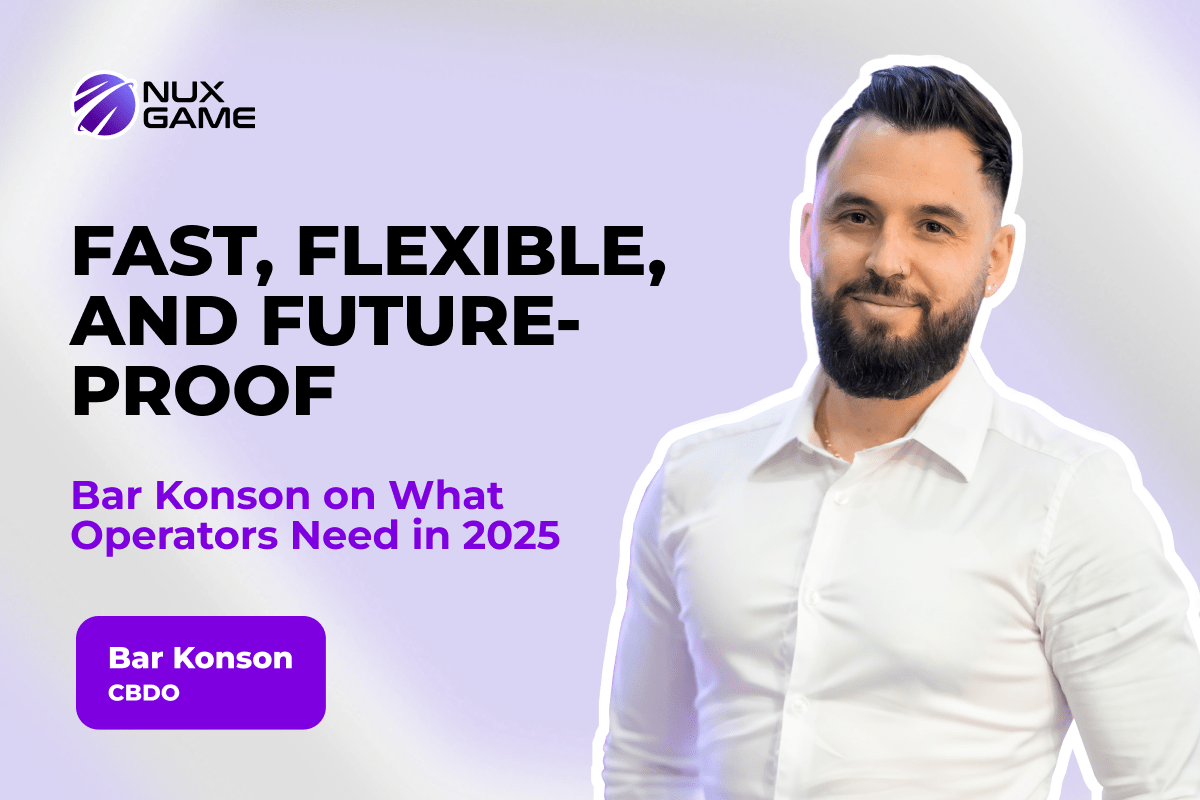
 Latest News3 months ago
Latest News3 months agoExclusive Q&A With Bar Konson, Chief Business Development Officer at NuxGame
-

 Latest News2 months ago
Latest News2 months agoWeek 17/2025 slot games releases
-
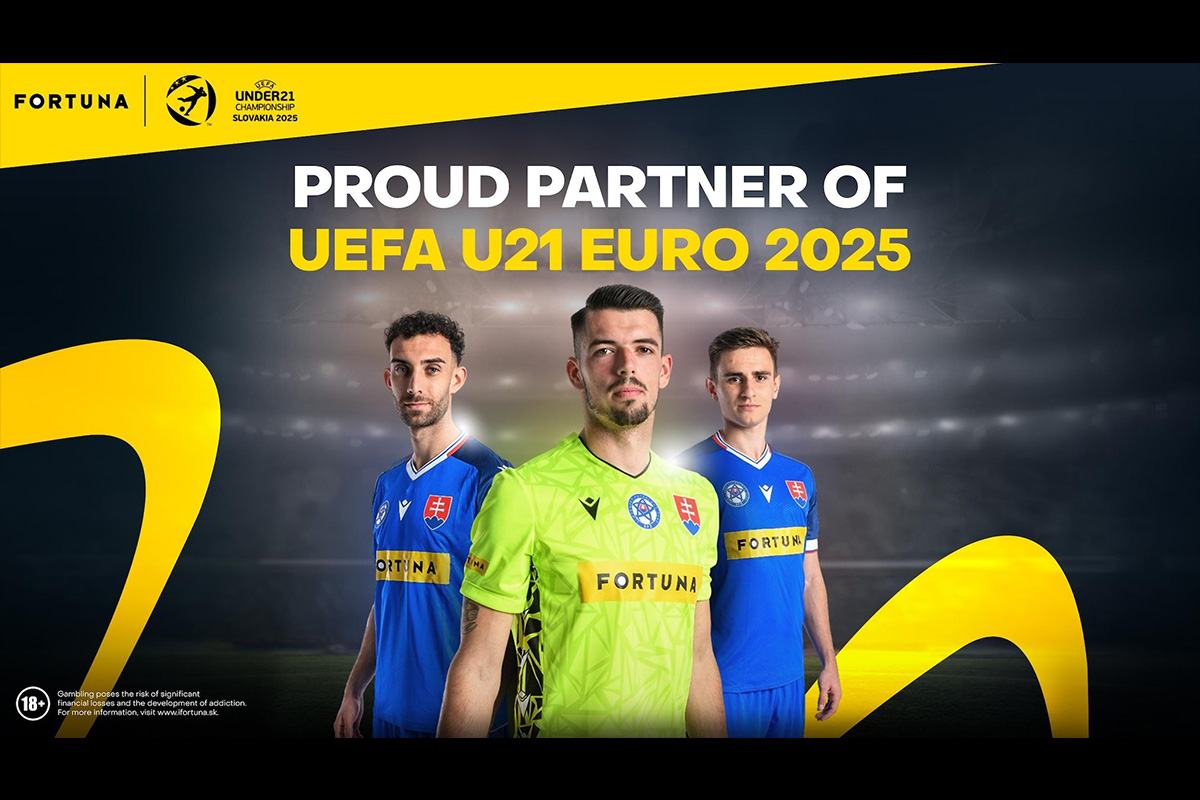
 Latest News2 months ago
Latest News2 months agoFortuna Partners with 2025 UEFA Under-21 EURO
-
Latest News2 months ago
Esports World Cup Foundation Confirms Full Game Lineup, Schedule, and Club Championship Rules for EWC 2025
-
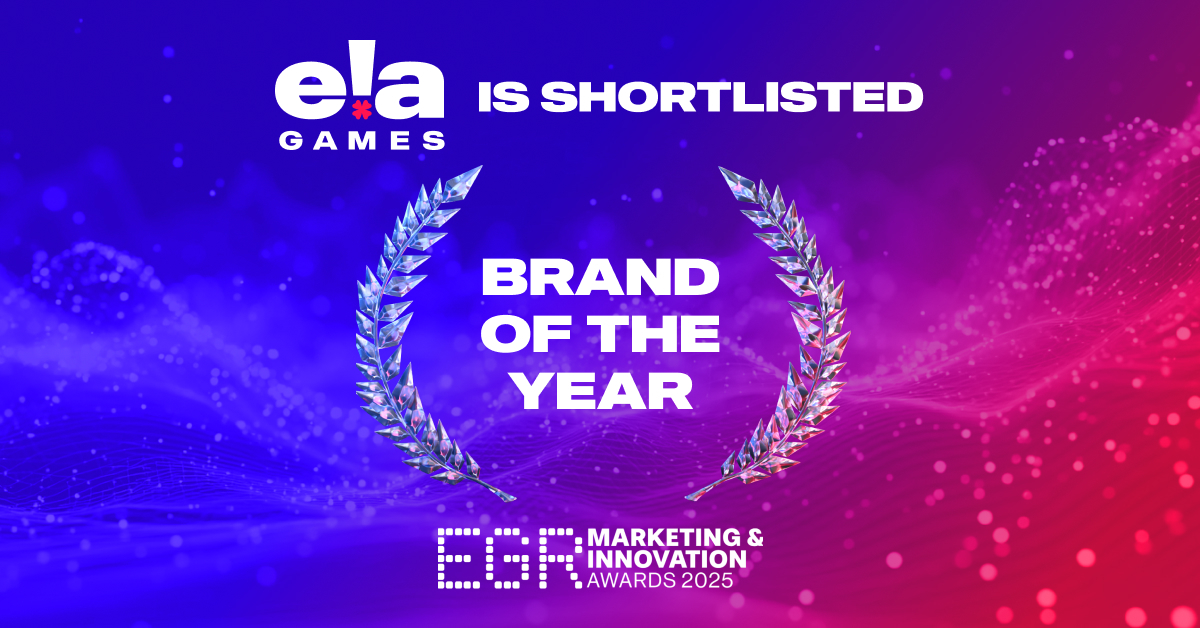
 Latest News2 months ago
Latest News2 months agoELA Games Receives Key Nomination at EGR Marketing & Innovation Awards
-
Latest News3 months ago
DreamPlay consolidates its status as a global player in the iGaming industry and opens an office and campus in Cyprus
-
Latest News2 months ago
ACR POKER’S NEXT HIGH STAKES ADVENTURE TAKES PLAYERS TO MONTENEGRO FOR PRESTIGIOUS SUPER HIGH ROLLER SERIES











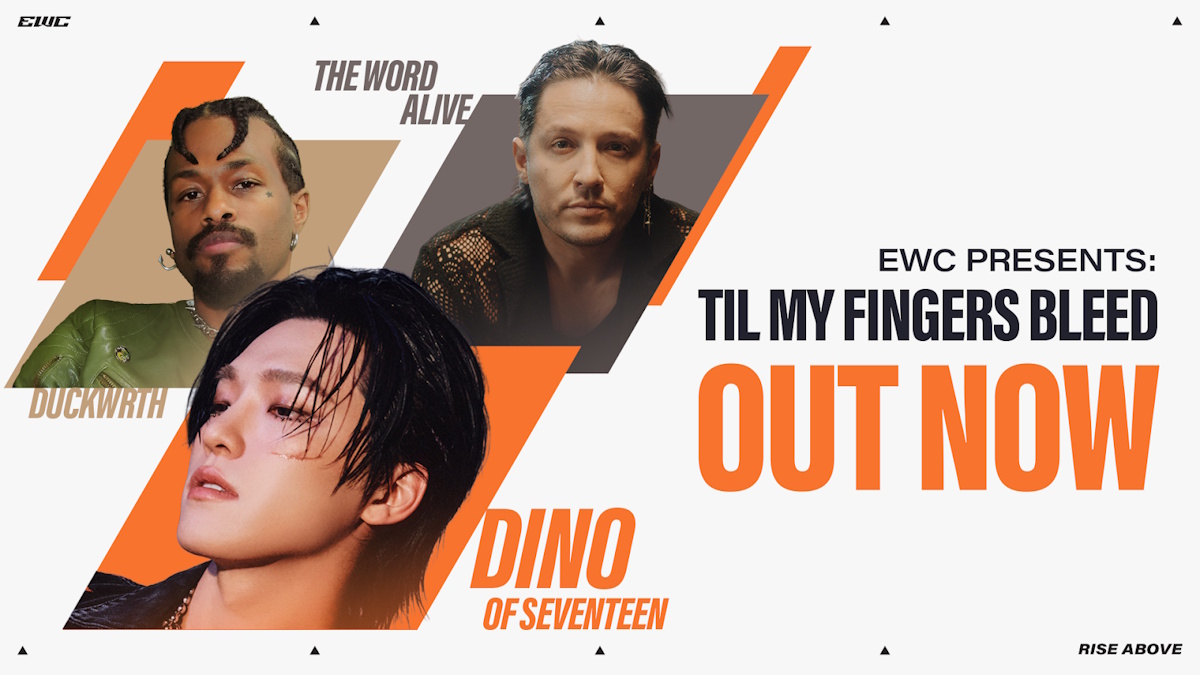


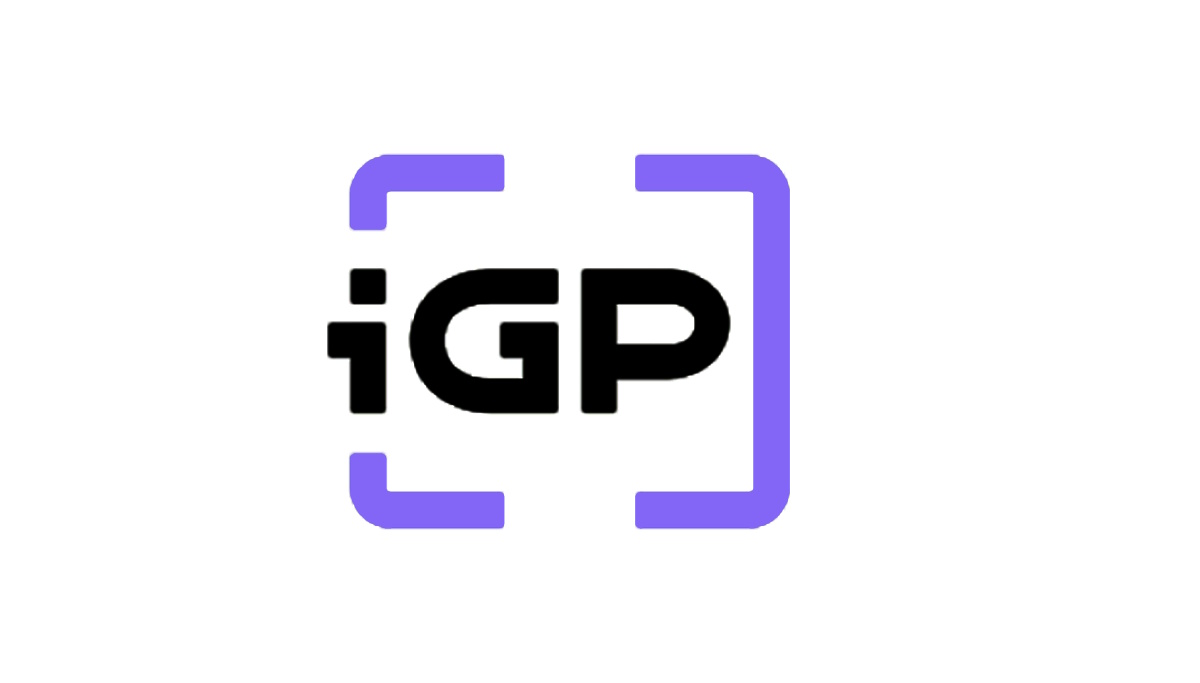

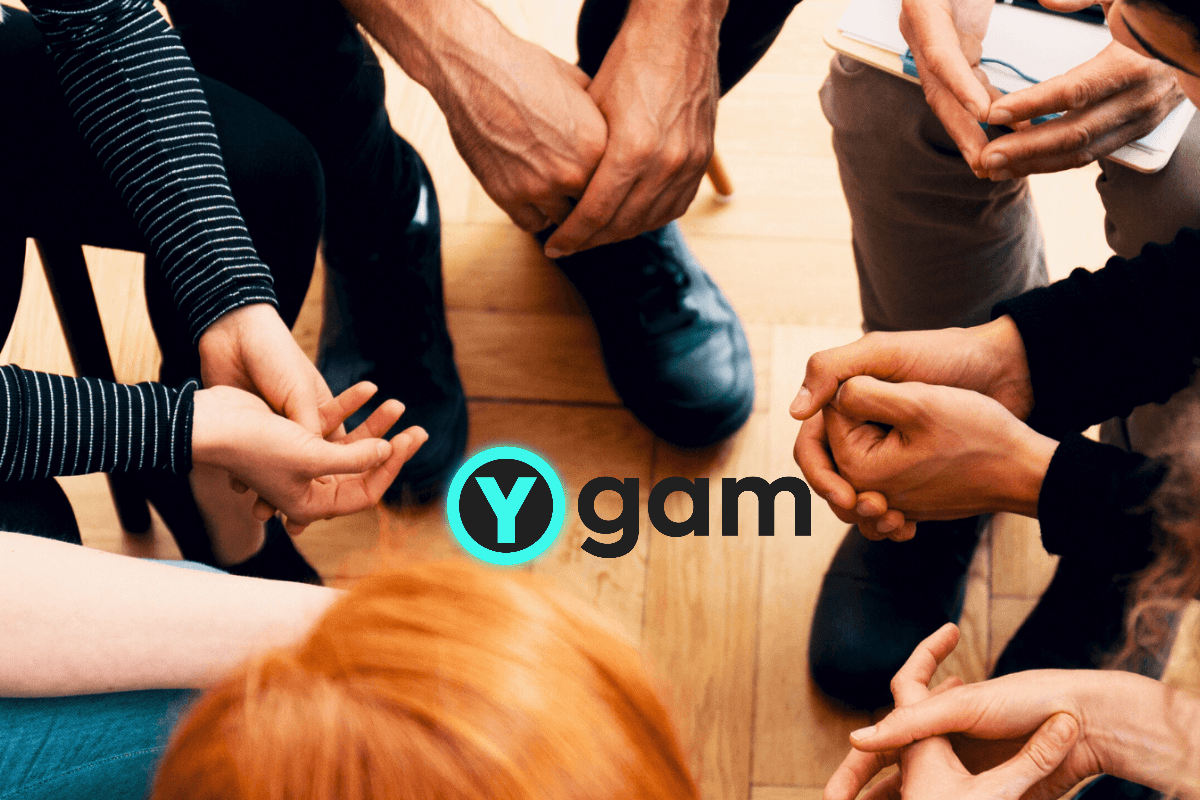

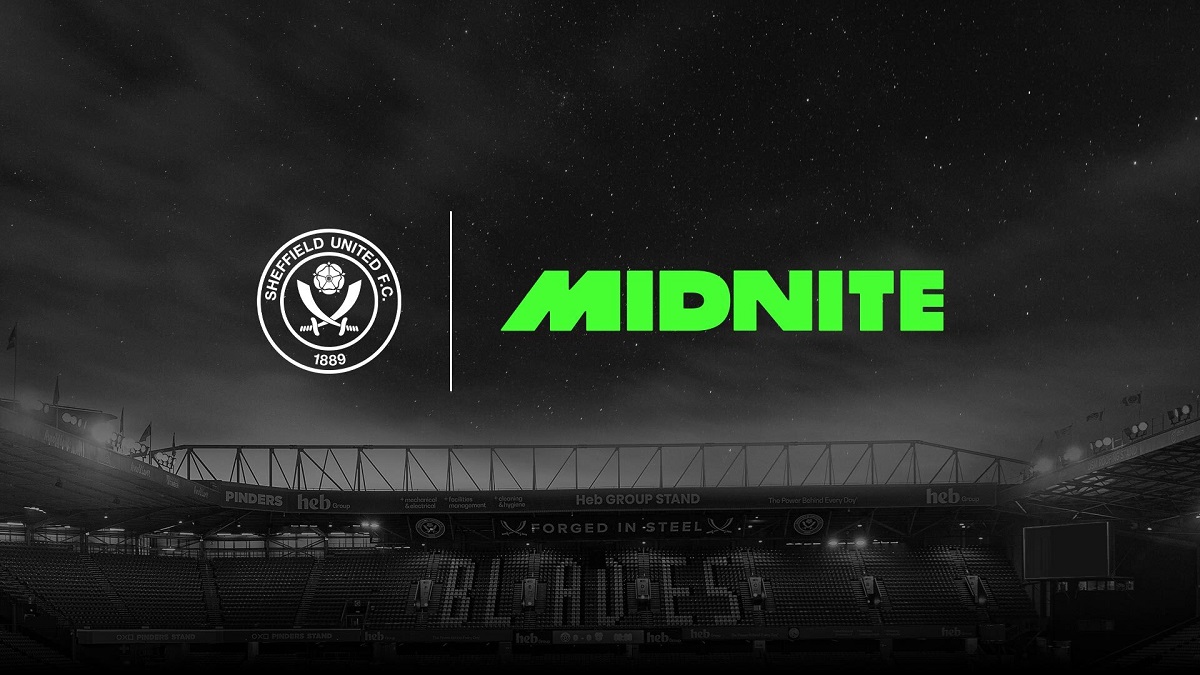
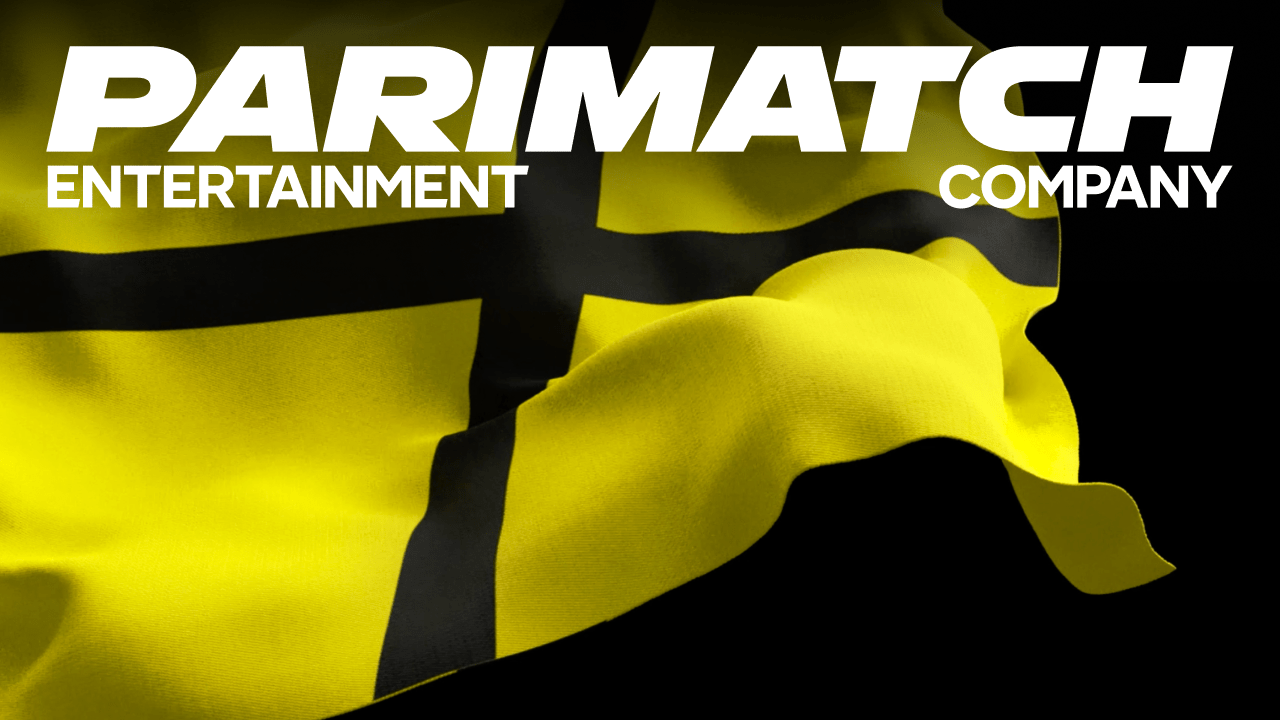
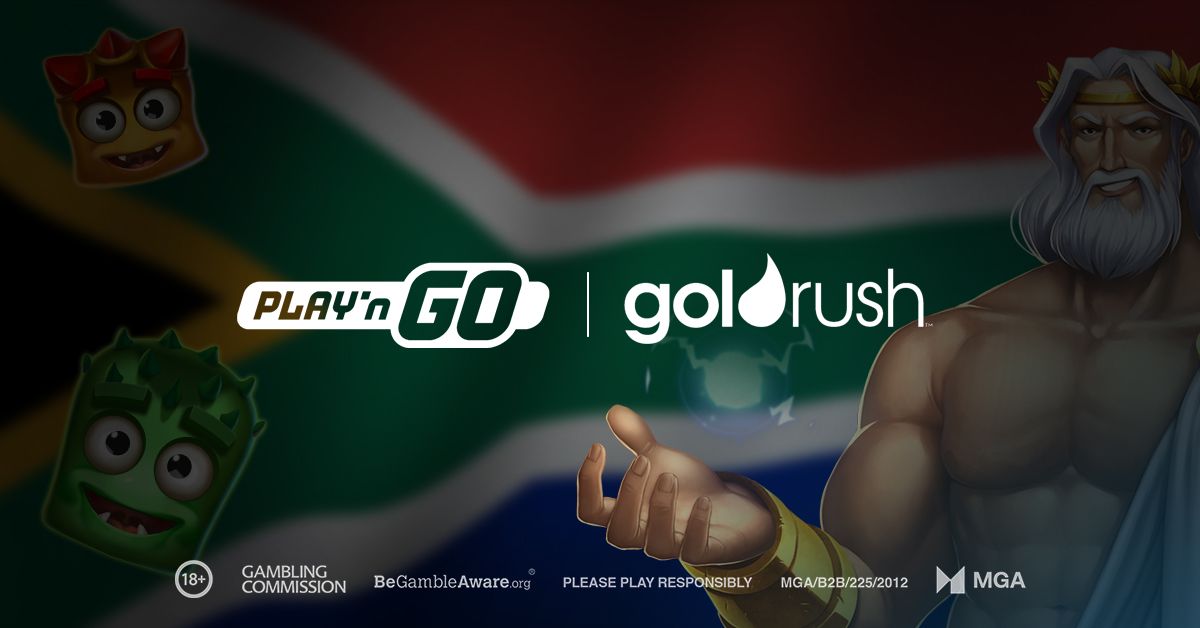
You must be logged in to post a comment Login